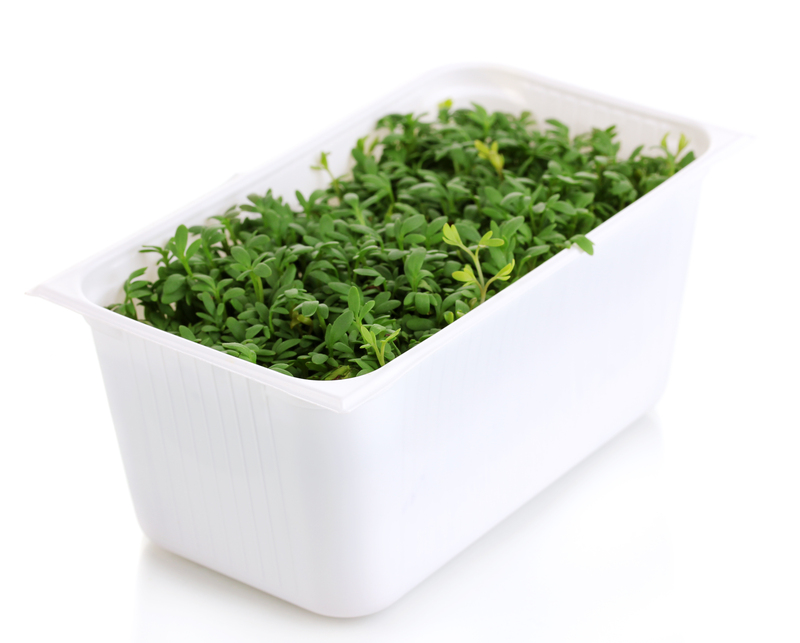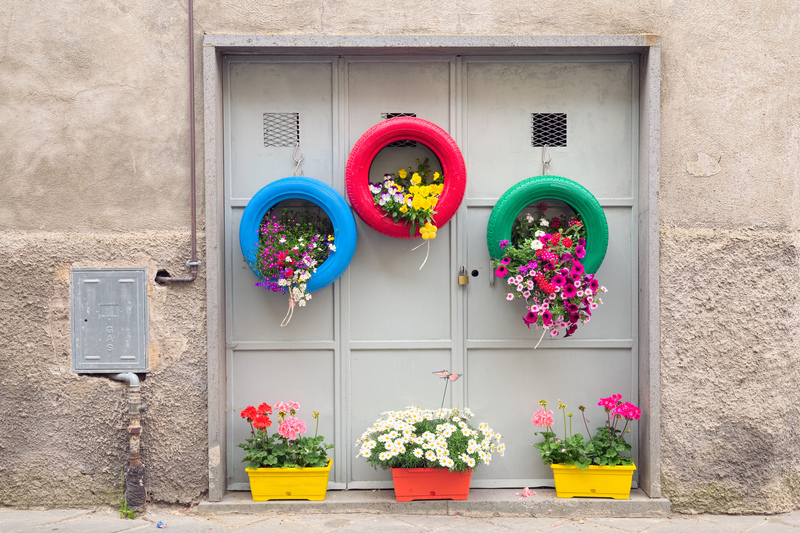Smart Disposal Options for Old Pots and Pans
Upgrading your kitchen often means facing an unexpected dilemma: what to do with old pots and pans? Whether they're scratched non-stick pans, dented saucepans, or favorite skillets that have seen better days, simply tossing them in the trash isn't the smartest--nor the most environmentally friendly--solution. Thankfully, there are smart disposal options for old pots and pans that ensure your unwanted cookware is reused, recycled, or disposed of responsibly.

Why Is Proper Disposal of Old Cookware Important?
Many of us don't put much thought into tossing out an old frying pan or saucepan. However, proper disposal of used cookware is essential for environmental conservation and can even benefit your community. Here's why:
- Metal pots and pans are valuable resources that can be recycled and reintroduced into manufacturing cycles, reducing the need for raw materials.
- Improperly discarded non-stick pans, especially those with Teflon (PTFE), can release toxins into the environment.
- Kitchen clutter is reduced, making space for functional, safe, and attractive pieces.
- Donation and upcycling options give your cookware a new life, helping those in need and sparking creativity.
Best Ways to Get Rid of Old Pots and Pans
1. Recycle Old Pots and Pans Properly
The most eco-conscious solution for unwanted metal cookware is recycling. Most metal pots and pans can be recycled, but there are important considerations:
- Cookware Material: Pure metal pieces (cast iron, stainless steel, aluminum, copper) are ideal for recycling. Non-stick coatings, plastic handles, or glass lids may complicate the process.
- Local Recycling Programs: Curbside recycling facilities often do not accept kitchenware due to the shape or material blend. Call your local transfer station or scrap metal recycler to ask if they take old cooking pans.
- Preparation: Remove non-metal parts, such as plastic, wood, or rubber, from your cookware before recycling, if possible. This may require unscrewing handles or hammering off rivets.
- Specialty Recycling Events: Many cities hold e-scrap or metal recycling days, accepting hard-to-recycle items like cookware. Keep an eye out for community events.
2. Donate Gently-Used Kitchenware
If your pots and pans are still functional, consider donating them to organizations or individuals who might need them. This is a smart disposal option for kitchen items in good condition:
- Charity shops like Goodwill, Salvation Army, or local thrift stores appreciate cookware donations.
- Ensure that the items are clean, free from severe dents or flaking coatings.
- Community shelters, soup kitchens, or transitional housing programs may benefit from sturdy cookware.
- Post on local online groups such as Freecycle, Buy Nothing, Facebook Marketplace (under 'Free' listings), or Craigslist--someone in your neighborhood might want your pans!
3. Repurposing: Creative Upcycling of Old Pots and Pans
Why not give your old pots and pans a second life around the home or garden? Upcycling old cookware is not only eco-friendly but can also be fun and practical:
- Planters or Herb Gardens: Drill drainage holes and use old pans as plant pots on balconies or in yards.
- Bird Baths or Feeders: Securely mount an old pan to a post or tree and fill it with water or birdseed.
- Wall Art or Kitchen Decor: Paint or decorate old cookware and hang as quirky, rustic decorations.
- Organizers: Use pans to organize small tools, hardware, or craft items in your workshop or shed.
- Candle Holders or Trays: Cast iron pans, in particular, make excellent rustic candle trays for outdoor spaces.
4. Return to Manufacturer or Retailer
Several brands offer take-back or recycling programs for old pots and pans--sometimes even if you're not purchasing a replacement from them. For example:
- Crate & Barrel and Bed Bath & Beyond sometimes run cookware recycling events. Contact local stores for details.
- Calphalon offers a recycling program by mail for their aluminum cookware.
- Contact the manufacturer of your old cookware to check if they accept returns or offer recycling guidance.
Often, when buying new cookware, you can inquire at the retailer if they have a trade-in or drop-off policy. This is a smart way to dispose of old pots and pans while you upgrade your kitchen essentials.
5. Dispose of Non-Recyclable or Hazardous Cookware Responsibly
Some cookware, especially older non-stick pans with damaged coatings or those made with materials like Teflon, requires special attention:
- Non-stick cookware with damaged or flaking coating should not be reused, donated, or recycled with ordinary metals.
- Contact your local waste authority about household hazardous waste drop-off sites or special disposal instructions.
- Never incinerate non-stick pans--they can emit hazardous fumes.
Proper handling of hazardous or questionable materials demonstrates environmental stewardship and ensures community safety.
Tips for Sorting and Disassembling Old Cookware for Disposal
Before dropping your kitchenware off for recycling or repurposing, a little preparation goes a long way:
- Separate pan components: Remove any plastic, rubber, or wooden elements. Some facilities require only pure metals.
- Identify material type: If unsure whether your pan is stainless, aluminum, or another material, check for stamps or look up the manufacturer's specifications.
- Clean thoroughly: Wash and dry all items before donating or repurposing.
- Group by type: Keep iron, stainless, copper, and aluminum items in separate batches if possible. This simplifies recycling for collection centers.
What About Broken Glass Lids or Ceramic Cookware?
Glass lids and ceramic cookware present unique challenges:
- Tempered glass lids are typically not accepted in curbside recycling; they have different melting points from container glass.
- Some transfer stations take tempered glass as scrap or with other building materials--ask before dropping off.
- Cracked ceramic, stoneware, or clay pots may not be recyclable and should be carefully disposed of in the trash or repurposed as garden mulch, stepping stones, or mosaic pieces.
If in doubt, consult local guidelines or your municipality's website to avoid contaminating recycling streams.

FAQs: Smart Ways to Dispose of Pots and Pans
Can You Put Pots and Pans in the Recycling Bin?
Generally, no--most curbside recycling programs do not accept cookware. Take your old pots and pans to a scrap metal facility or a specialized recycling center instead.
Is It Safe to Donate Non-Stick Pans?
Only if the coating is intact and the pan is in good condition. Flaking or scratched non-stick pans should be safely disposed of, not donated.
How Do You Find Local Recycling Centers for Cookware?
Check city or county waste management websites, call your local transfer station or look for metal recycling centers in your area. Some offer drop-off days specifically for household goods.
Can You Throw Pots and Pans in the Trash?
While it's not illegal, it isn't the most environmentally-friendly smart disposal option. Try recycling, donating, or upcycling whenever possible.
Conclusion: Sustainable Choices for Kitchenware Disposal
Modern kitchens demand upgrades, but responsible living means considering the environmental impact of every decision--including how you get rid of old pots and pans. With so many smart disposal options for cookware--from recycling and donating to upcycling and returning to manufacturers--it's easy to make a positive impact.
Always:
- Consider whether your kitchenware can benefit someone else before discarding.
- Review local recycling standards to avoid contamination.
- Explore creative ways to repurpose items in your home or garden.
- Separate hazardous and non-hazardous materials, following safety recommendations for each.
By making informed, smart choices for disposing of your old pots and pans, you'll reduce landfill waste, support recycling efforts, and perhaps add a little creativity to your home or neighborhood.
For more tips on kitchen sustainability and green living, explore our guides or consult your community's recycling program. The earth--and your kitchen--will thank you!